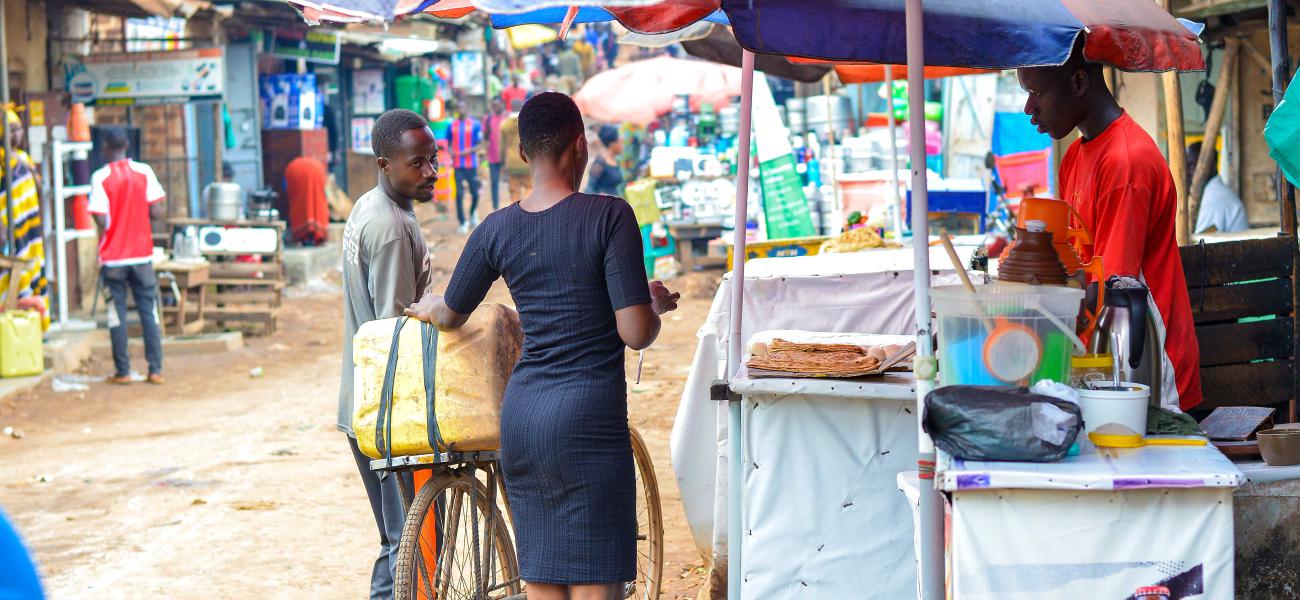Food4Cities

The project responds to Sustainable Intensification (Focus 1) through developing food system models that couple within-city dynamics with broader global change and agricultural intensification. This will allow us to evaluate what alternative city food pathways mean for sustainable and equitable ecosystem service benefit flows and economies across the urban, peri-urban and rural landscape. Agriculture and Food Systems for Nutrition (Focus 2) is addressed by seeking strategies to diversify city food systems and make healthy food available, accessible and affordable to vulnerable, malnourished social groups in the city. Focus 3 (agricultural markets and trade) is addressed through quantifying the potential of small-scale or informal food chain operators to contribute to positive trajectories of employment and nutrition security.
Project's main objective (s) :
The project aims to promote sustainable, inclusive and nutrition-secure city food systems by developing knowledge and tools for local and national development planning. It accomplishes this through the following objectives:
- Develop model(s) to link within-city food systems to the broader landscape
- Co-develop alternative food scenarios
- Evaluate scenarios in terms of food and nutrition outcomes + equitable ecosystem benefit flows and economies
- Design interventions for local and national development planning, which highlight multiple co-benefits
- Reflect on case study lessons for scaling impact elsewhere
Theory of Change and Impact Pathway
Summary ToC with assumptions
Based on existing knowledge, challenges that this project need to influence to achieve its aim include:
- Weak cross-sector, collaborative planning for city food systems at local government level.
- Limited spatial data on food systems dynamics within cities, and its interlinkages to the broader system. This extends to measuring food and nutrition outcomes in marginalised groups.
- Insufficient capacity to understand and apply planning approaches that recognise the complexity of city food systems.
- Lack of awareness of socio-economic segregations and linkages within city food systems and beyond, and how these influence city food and nutrition outcomes.
- We identified four impact pathways to address these challenges and effect change:
-
StatusComplete